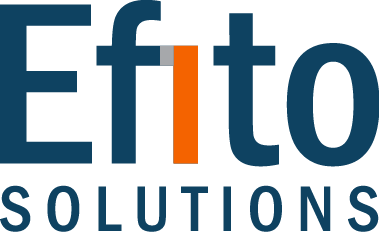

In the fast-paced and data-driven world of technology, data privacy, and ethics have become increasingly critical concerns. As we navigate the IT landscape of 2024, where emerging technologies such as artificial intelligence, big data, and the Internet of Things continue to thrive, it is imperative that organizations and individuals address the challenges and complexities surrounding data privacy and ethical considerations. In this blog post, we will delve into the evolving landscape of data privacy and ethics and explore strategies for effectively navigating these challenges in the IT industry.
Heightened Regulatory Landscape:
Data privacy regulations have significantly evolved in recent years, and this trend is expected to continue in 2024. Organizations must stay updated with regulations such as the General Data Protection Regulation (GDPR), California Consumer Privacy Act (CCPA), and emerging laws specific to regions or industries. Adhering to these regulations not only helps protect individuals' data but also ensures trust and transparency in data practices.
Ethical Use of Emerging Technologies:
As cutting-edge technologies like AI and big data continue to shape the IT landscape, ethical considerations become paramount. Organizations must establish clear guidelines and frameworks for responsible data usage, algorithmic decision-making, and bias mitigation. Ethical AI practices, such as explainability, fairness, and accountability, should be integrated into the development and deployment of AI systems.
User Consent and Transparency:
In 2024, users are increasingly aware of their rights and demand transparency and control over their data. Organizations must obtain informed and explicit consent from users before collecting and processing their personal information. Transparent data practices, such as clear privacy policies and user-friendly interfaces, are vital for building trust and maintaining strong customer relationships.
Privacy by Design and Default:
Privacy by Design (PbD) should be an inherent principle in the IT landscape of 2024. Organizations must proactively embed privacy features and safeguards into their systems and processes from the outset. Implementing privacy-enhancing technologies, encryption, and access controls can help protect sensitive data throughout its lifecycle, minimizing the risk of breaches and unauthorized access.
Data Minimization and Anonymization:
In an era of extensive data collection, organizations must adopt a data minimization approach, collecting only the necessary data for legitimate purposes. Anonymization techniques should be employed to de-identify personal data whenever possible, striking a balance between data utility and privacy protection. By reducing the amount of identifiable information stored, the risks associated with data breaches and unauthorized use can be mitigated.
Continuous Education and Ethical Awareness:
Promoting a culture of data privacy and ethics within organizations is crucial. Providing regular training and education on privacy best practices, ethical considerations, and emerging trends can empower employees to make informed decisions and handle data responsibly. By fostering a strong ethical framework, organizations can ensure that data privacy is embedded in their corporate culture.
Conclusion:
As we navigate the IT landscape of 2024, data privacy and ethics must remain at the forefront of technological advancements. Organizations need to embrace privacy regulations, prioritize ethical considerations, and implement robust data protection measures. By focusing on user consent, transparency, privacy by design, and data minimization, businesses can build trust, maintain compliance, and foster strong customer relationships. Moreover, continuous education and ethical awareness will enable organizations and individuals to adapt to evolving challenges and ensure responsible data practices. In this ever-evolving digital age, safeguarding data privacy and upholding ethical standards are not only essential for legal compliance but also for maintaining the trust and confidence of users in the IT industry.